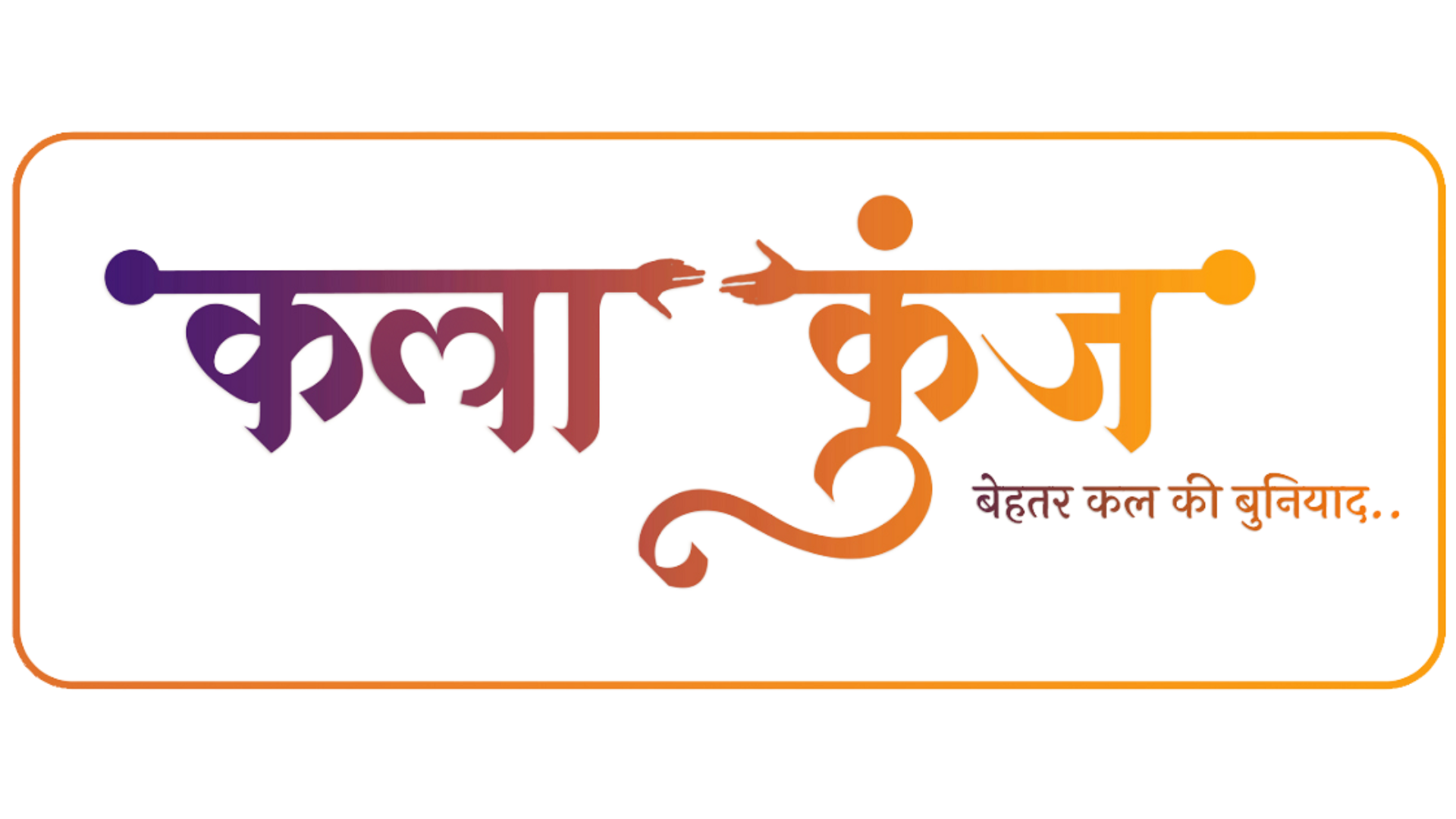Children Education
The KalaKunj Foundation introduced a three-day training for peers teaching needy children in the era of the corona epidemic. Volunteer and allied organizations interested in teaching elementary and secondary level children joined.
The first day of training focused on the difficulties faced by children during language learning and ‘how to learn language easily’.
From the words of Jawaharlal Nehru, children are like buds in the garden that need to be carefully nurtured, as they are the future citizens of tomorrow. Education acts as the wind beneath the wings for children to grow as healthy and prosperous adults in the future.
Education plays a pivotal role in a child’s life as it helps them to think and analyze critically, enhance their imagination and thought processes. This platform exposes them to new ideas and helps them achieve success through their dream careers.
A child plays a vital role as they unfold the door to the success of a nation, and education plays a significant role to unlock the success of a child. A nation achieves its growth and success only when a child succeeds.
Education is a powerful tool which empowers communities to turn around their lives. If any member of a family is educated, especially women, it can help coming generations to break the inter-generational cycles of poverty. Education is a great enabler – it makes people skilled and equips them to engage in meaningful professions and thus contribute to their own and society’s socio-economic well-being. In India, even today, millions of children go without any access to education. As many as 8.4 crore children in India continue to remain out of school. It’s a major social problem plaguing modern-day India and strong measures are needed to ensure the benefits of education touch everyone.
What is dragging children out of their classrooms?
Poverty
Poverty forms one of the major reasons for students discontinuing their education midway. Children belonging to economically weaker sections of the society are the most susceptible. Their parents cannot afford to pay for their education. Even when a child is studying in a institution, their parents don’t see much reason their studies. The poverty-stricken parent who is a daily would rather have the child make a little money than ‘waste’ their hours at school. The children are forced into working long hours at a tender age, leaving no time for their intellectual culturing.
Poverty takes a massive hit on the poor children who are orphans living out of the streets. With nobody to care for them, the street children are left to fend for themselves. Struggling for survival on a daily basis, they usually never get the opportunity to study, unless there is some form of external intervention.
The Gender Bias
Our predominantly patriarchal society still hesitates a little when it comes to sending their girl children to school. Although our societal structure has gradually become more accommodative of girl rights, we still have a long way to go. The country is becoming increasingly aware about the importance of girl education. The girls are continuously proving that they are in no way the feebler sex. The metropolises are painting quite a pleasant picture of gender equality, but we still finds parents shying away from formal education for their daughters. The situation is much more severe in the rural areas, and is in need of nation’s urgent attention.
The Rote, Uninteresting Methods of Teaching
Children grasp things best when they are taught in a way that tickles their curiosity. The traditional way of imparting knowledge, which has been more of a theoretical approach than practical, may not always invoke a child’s interest in learning. The rote, directive method of teaching can drive the children away from studies, increasing their possibility of dropping out of school at an early stage.
The need of the hour is to make the pursuit of education interesting for children. This can easily be done by adopting a more interactive, approach towards knowledge transfer. This shall positively keep the children invested in the learning process, and thereby continuing their education.
